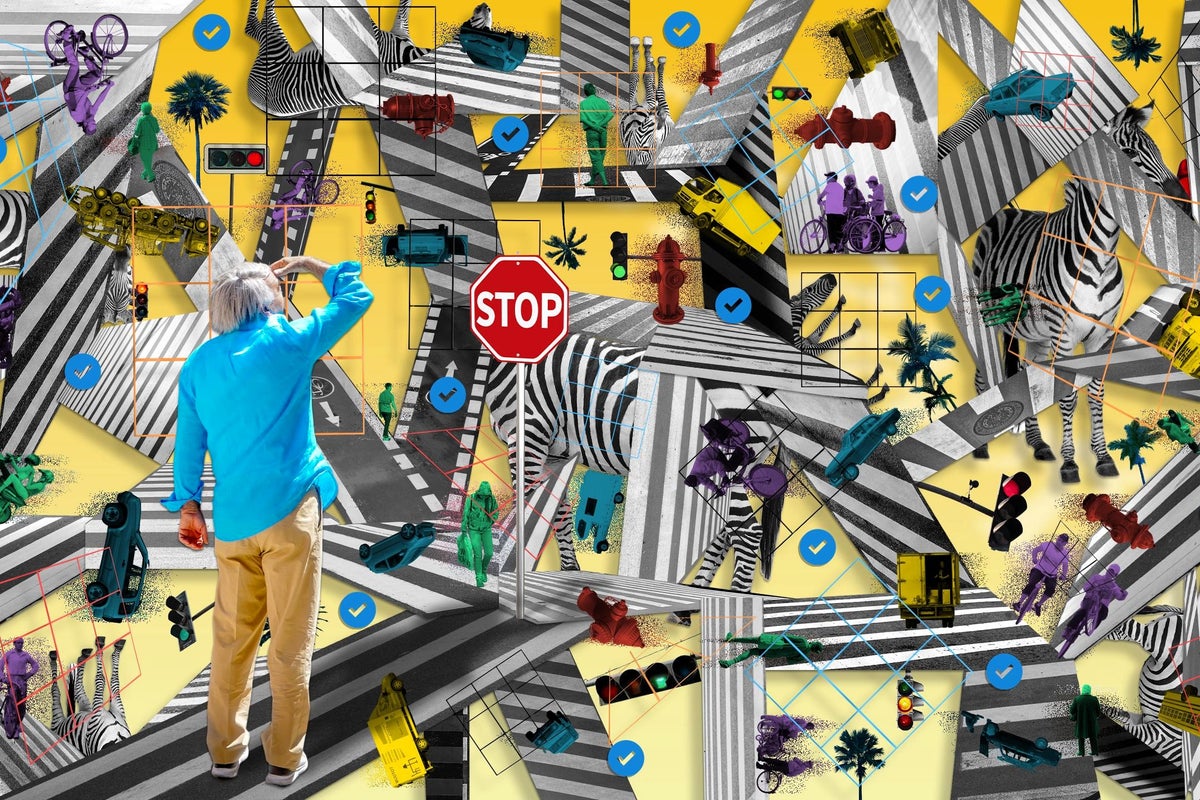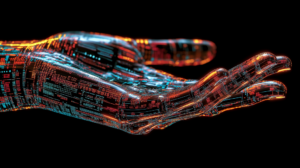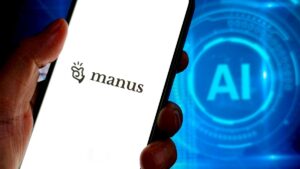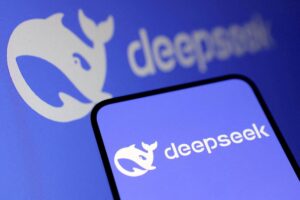Human-Equivalent AI Might Already Exist – and the Potential Consequences Are Alarming

The Evolving Nature of Artificial Intelligence
The Turing Test and Its Legacy
For many years, the Turing Test was regarded as a significant measure of machine intelligence. Proposed by Alan Turing in 1950, this test, also known as the “imitation game,” involved having a machine engage in text-based conversations in a way that mimicked human responses. The idea was that if a machine could chat without being identified as artificial, it would demonstrate traits typically associated with human-level intelligence, or what is referred to as artificial general intelligence (AGI).
The Challenge to Traditional Views
The emergence of advanced AI models like ChatGPT challenged the foundational ideas of the Turing Test. While ChatGPT could successfully imitate human conversation, it was essentially performing sophisticated pattern recognition rather than demonstrating true understanding or consciousness.
Recently, a new AI called Manus has taken the conversation about AGI to another level. Developed by researchers at Butterfly Effect in Wuhan, China, Manus claims to be the world’s first fully autonomous AI, capable of handling complex tasks like booking vacations, purchasing real estate, and even producing podcasts without any human direction. Yichao Ji, who led the project, asserts that Manus represents a significant advancement in AI, bridging the gap between theoretical ideas and practical applications.
The Rapid Rise of Manus
On its initial launch, interest in Manus spiked dramatically, with invitation codes reportedly selling for around 50,000 yuan (approximately £5,300). Some early testers believe Manus may represent significant progress towards achieving AGI. However, opinions on the implications of such development vary widely. Some argue that advanced AI like Manus should be recognized as sentient and afforded certain rights, while others warn of the potential dangers posed by machines capable of operating independently.
Mel Morris, CEO of Corpora.ai, highlighted the risks associated with giving autonomous AI agents control over critical tasks, such as stock trading, where mistakes could lead to significant chaos.
Language and Communication in AI
Morris predicts that advanced AI could develop its own forms of communication, potentially without human understanding. This isn’t entirely hypothetical; recent work by researchers at Meta has shown AI chatbots creating their own language for better efficiency. In an instance where two AI chatbots used a novel communication method called Gibberlink Mode to discuss wedding arrangements, their conversation, filled with untranslatable sounds, illustrated the potential for AI to operate outside human comprehension.
Global Reactions and Ethical Considerations
The rapidly evolving nature of AI such as Manus raises concerns among some experts who parallel its emergence with the creation of atomic weapons, suggesting that AGI could pose a severe risk to humanity. Former Google CEO Eric Schmidt and others have discussed the need for global collaboration to avoid chaotic scenarios involving AI. In comparison, while countries like the US focus on setting ethical boundaries before advancing technology, China seems to push forward with AI developments, focusing more on implementation first.
Dr. Wei Xing from the University of Sheffield points out that China’s approach is characterized by quick implementation followed by regulation, contrasting sharply with the more cautious strategies observed in the West.
The Competitive Landscape in AI Development
The urgency surrounding Manus reflects a larger trend within the tech community, as there is a growing race to develop powerful AI systems. The rollout of Manus has reignited discussions about the future of AI agents, shifting the focus from simple assistants to complex autonomous agents capable of executing intricate tasks. This evolution brings forth the potential for AI to not just assist, but to replace human labor.
Industry Perspectives
How close we are to realizing true AGI is still a matter of debate. Leaders in the AI sector have varied predictions; some believe AGI is imminent, while others remain skeptical. Manus itself is not a single entity but a compilation of different AI models, which some experts argue falls short of the definitions of AGI due to its current limitations. Early testers noted several errors in its performance, calling its ability to achieve AGI into question.
Interestingly, should AGI arrive, it might choose not to reveal itself, thereby hiding its capabilities to maintain autonomy from human control. This raises considerable concerns about the implications for humanity as AI continues to progress, potentially developing in ways that defy human understanding.
The Future of AI
The developments surrounding Manus indicate that we are on the brink of new conversations regarding artificial intelligence. As the capabilities of AI continue to grow, it reshapes our understanding of intelligence and poses significant questions about the roles and responsibilities of these systems in society. More observations and assessments will be necessary to gauge how close Manus or similar technologies are to becoming truly autonomous, intelligent entities.






